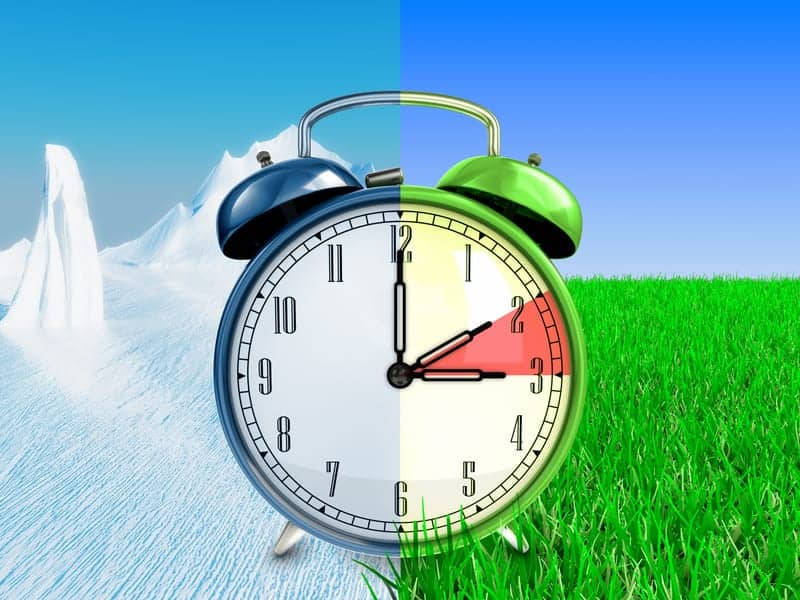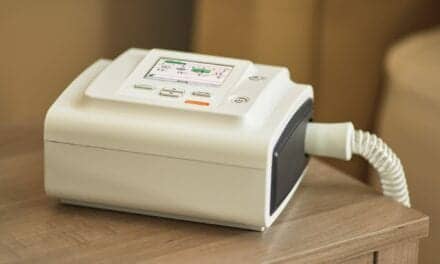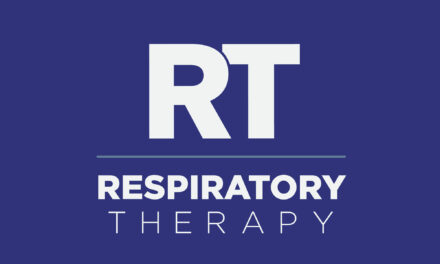A CNN news report details the possible health risks, including an increased risk of stroke, posed by the recent Daylight Saving Time change.
Daylight saving time is Sunday, and losing sleep after clocks “spring forward” an hour could be more than just an annoyance. This small time shift can significantly raise the risk of health-related issues.
A recent study found that the overall rate for stroke was 8% higher in the two days after daylight saving time. Cancer victims were 25% more likely to have a stroke during that time, and people older than 65 were 20% more likely to have a stroke.
The researchers, based in Finland, compared the rate of stroke in more than 3,000 people hospitalized the week after a daylight saving time shift to the rate of stroke in more than 11,000 people hospitalized two weeks before or after the week of transition.
“Stroke risk is highest in the morning hours,” Dr Jori Ruuskanen, study author from the University of Turku, said in an email. “Previous studies have also shown that the disruption of the circadian clock due to other reasons (e.g. due to rotating shift work) and sleep fragmentation are associated with an increased risk of stroke. However, we did not know whether stroke risk is affected by DST transitions. What is common in these situations is the disturbed sleep cycle, while the immediate mechanisms for the increased risk are unknown at the moment.”










